With little human contact, people embrace pets
By James Grob, jgrob@charlescitypress.com
Momo isn’t getting nearly as much sleep as he used to.
The “chiweenie” dog — that’s half-chihuahua, half dachshund — is the companion of Derek Sturtevant, choir director at Charles City High School.
“He’s used to me going to work and he gets to nap all day, and so this has upset his schedule,” said Sturtevant, who has been spending nearly all of his time at home since COVID-19 precautions shut down the school district. “He is very much a lap dog, so he always has to be sitting on me, near me or around me.”
Sturtevant, who is single and lives alone, said that having Momo has been valuable as he’s been forced to keep a social distance and not interact in person with other humans.
“Having a dog gives me someone to talk to when I’m talking — so I don’t feel crazy like I’m talking to myself,” Sturtevant said. “He has a lot of personality, he’s excited to see me and is excited about every little thing, which keeps it positive.”
Although there are few definitive numbers to verify them, there are many reports around the country which claim that interest in pet ownership has skyrocketed since the onset of COVID-19 social protocols. Faced with loneliness and boredom, people are looking to dogs and cats for companionship and interaction.
Julie Taylor, director of PAWS Humane Society animal shelter in Charles City, said that she has seen a small increase in people locally who are willing to adopt or foster animals.
“It’s not a huge increase, but a certain segment has reached out,” Taylor said. “They have the time and want some kind of focus in their life that may be lacking in other areas.”
According to the U.S. Humane Society, pets have been shown to help ease feelings of loneliness, anxiety, and depression — making them seemingly ideal companions for an emergency situation that demands isolation from others.
The WSAVA (World Small Animal Veterinary Association) Global Veterinary Community — an association representing more than 200,000 veterinarians — also states that the evidence strongly indicates that COVID-19 cannot be contracted from pets.
The U.S. Center for Disease Control has stated it has not received any reports of pets becoming sick with COVID-19 in the United States.
“We do not have evidence that companion animals, including pets, can spread COVID-19 to people or that they might be a source of infection,” the CDC said.
Still, the CDC recommends that someone sick with COVID-19 should restrict contact with pets and other animals, just like one would around other people.
Colleen Irvine has been a dog owner all of her life, and said she considers herself lucky to currently have three companions who she calls her “girls” — Sophie, Dottie Bleu and Callie. Callie is a golden retriever, Sophie is a “golden doodle” and Dottie Bleu is a “mini-Aussiedoodle.”
“I count myself very fortunate, as I have my girls and they help to maintain my sanity,” Irvine said. “They keep me grounded, when the anxiety of our current situation looms over me.”
For those looking into combating the current anxiety with an animal companion, but unsure of the responsibilities of adopting a pet, fostering a pet might be an alternative.
According to PetPoint, an application that collects data from more than 1,000 animal-welfare organizations in North America, in the past few weeks the adoption rates have varied greatly across the country, while instances of fostering have increased significantly.
Taylor said that fostering could be a good option for people at this time.
“We do have a fostering program at PAWS, so it’s not a long-term commitment,” Taylor said. “It gives the animal a break from the shelter and living in a caged environment, and it also helps us get more information as to what type of permanent home would be best for the animal.”
With fostering, PAWS will provide the food while the family will be asked to provide other items, such as kitty litter or necessary vaccinations. It is not a long-term commitment, and the pet is still up for adoption. It enables PAWS to get to know a pet’s habits and other characteristics, such as how well housebroken a pet is, or if a pet is good with children.
“We oftentimes, especially with cats, see one behavior at the shelter and then they’ll behave a lot differently once they’re at the home,” Taylor said. “Normally, they’re more relaxed and sociable when they’re at a home.”
Currently PAWS is sheltering two dogs and 10 cats, although Taylor said they are bracing for the spring kitten season. PAWS has temporarily reduced its adoption fee for cats from $85 to $60. PAWS is currently operating by appointment only. The shelter can be contacted at 641-228-0262 or pawscharlescity@gmail.com.
“Fostering is nice because it’s not necessarily a long-term commitment, the animal is still up for adoption,” Taylor said. “If all goes well, the people often get attached and then they want to adopt the animal.”
Once a person is approved for adoption, they can have a pet do a home visit for up to two weeks, which is another way to make sure an animal is a good fit.
Irvine said she has been working remotely from home for several weeks now, and she often sees people’s comments regarding their boredom and frustration over missing their day-to-day activities. She strongly recommends adopting a pet for companionship.
“There are so many homeless animals in shelters who just want to be loved,” Irvine said. “They not only provide comfort in these unsettling times, but the responsibility of taking care of someone or something other than yourself helps to decrease your own anxiety.”
Sturtevant also recommends pet ownership — but said that he hopes people are cautious as they consider that step.
“It’s great that people are adopting pets at this time, but I hope people remember that this time is going to end. If you’re going to get a dog, it’s a commitment,” he said. “There is a lot of work that goes into it.”
Innovet Pet, a pet product company, conducted research which it said suggests a strong upcoming trend of pet ownership during the pandemic. The company carried out a survey of 3,000 people which found that 19% of Iowans say they would consider getting a new pet during lockdown, especially if this period was extended.
The survey also said that 16% of pet owners say they would be unable to afford their pet if they lose their job.
“We believe this trend would lead to a significant spike in abandoned pets over the course of the year, as many owners deem them unaffordable, or realize they have no one to care for their pet when they eventually return to work,” Innovet Pet said in a release.
Sturtevant said people have different schedules, and just because a person might have a lot of extra time right now to spend with a pet, that may not be the case later. He also advised people to choose wisely — all pets are different, too. Even though his companion Momo is an inside dog, “content to just sit in the house on something soft,” other dogs may need more frequent outdoor exercise and attention.
“If you were planning on getting one anyway, and it fits your lifestyle, then that’s great,” Sturtevant said. “If it doesn’t, and you were just thinking about getting a pet because of this time, then it might be bad.”

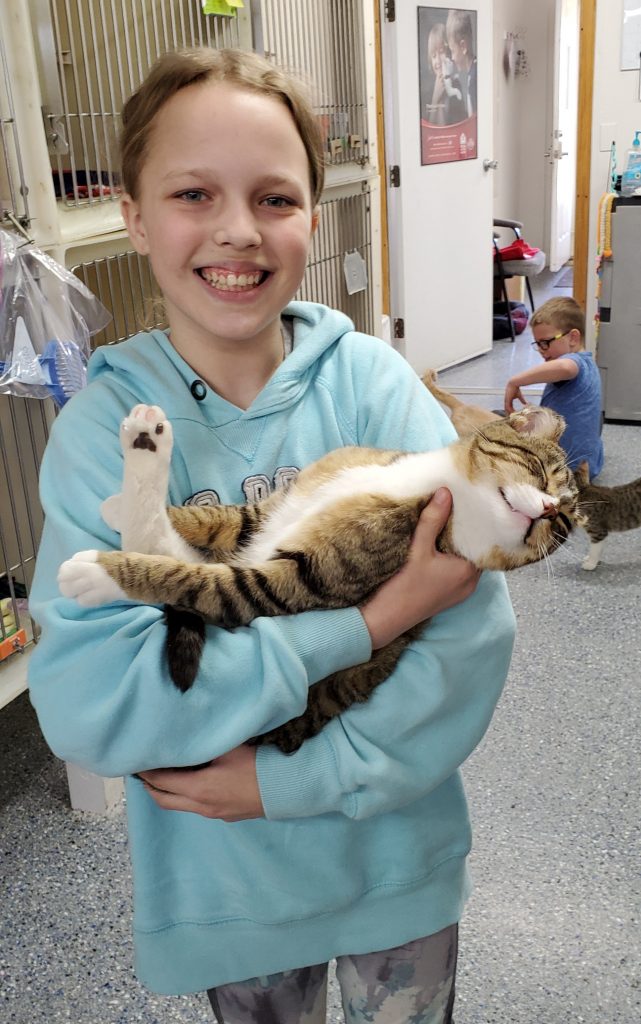
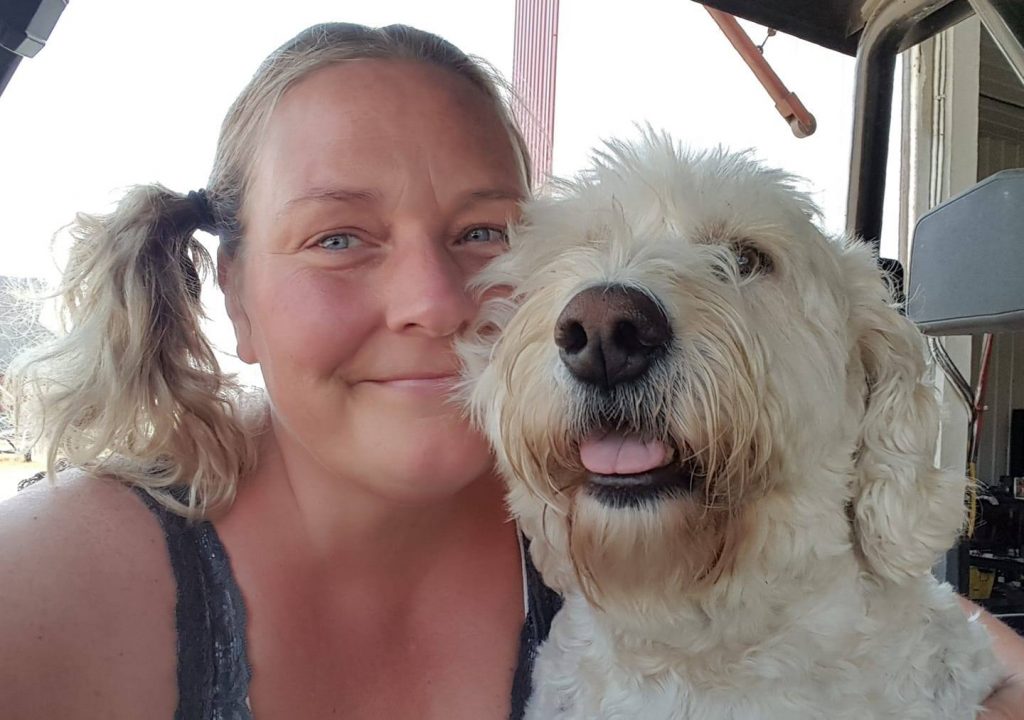
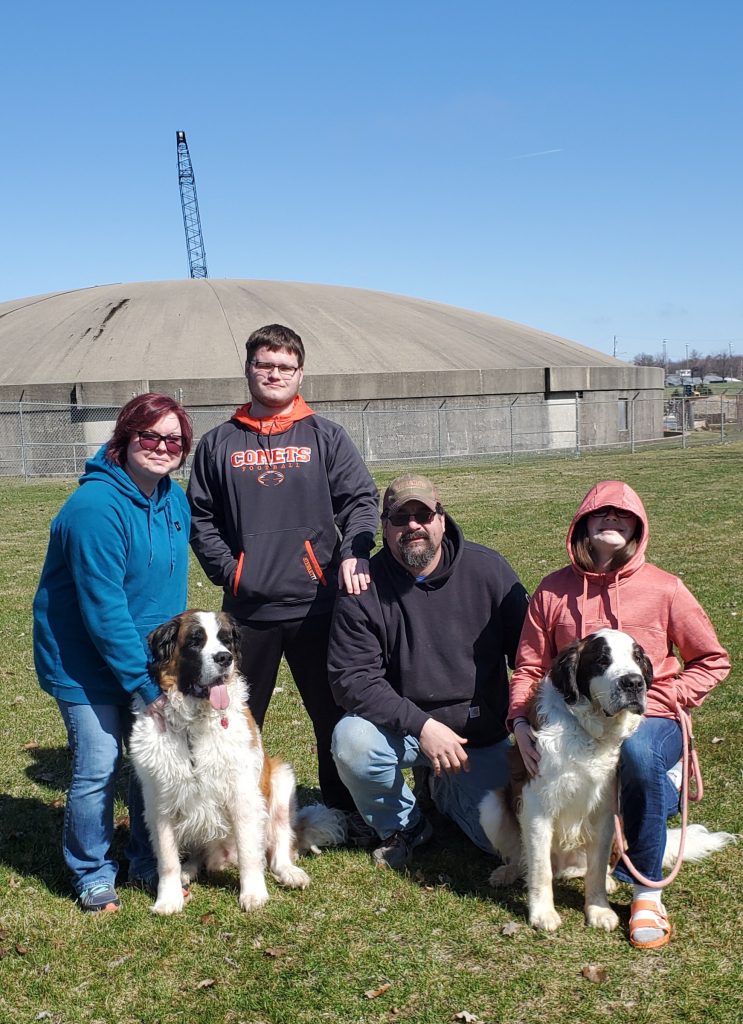


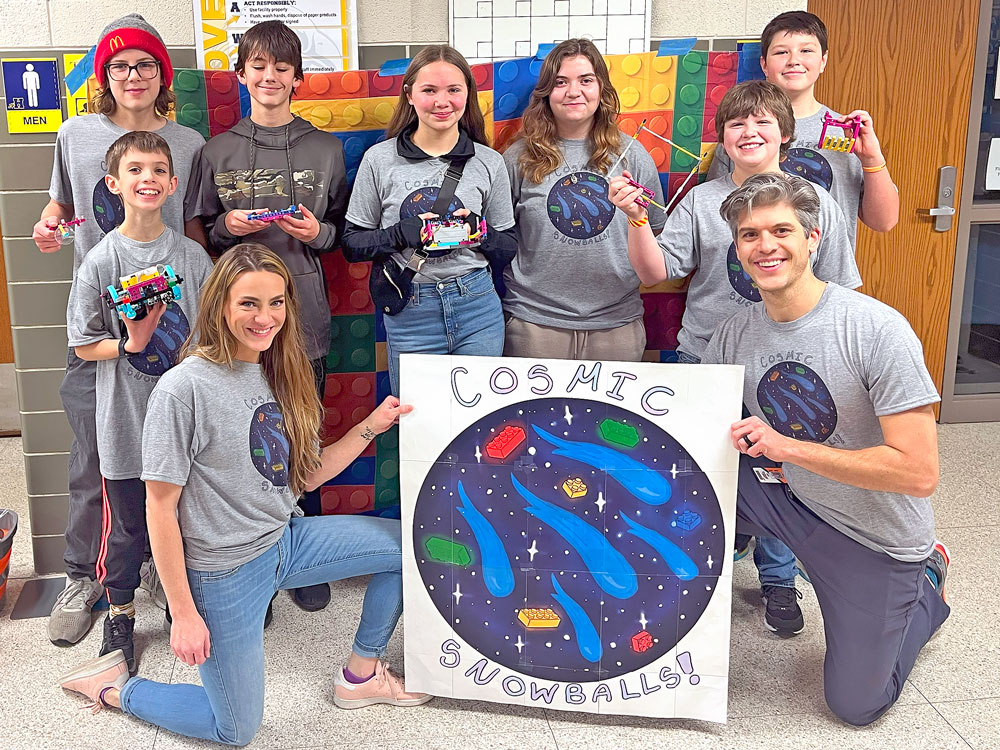

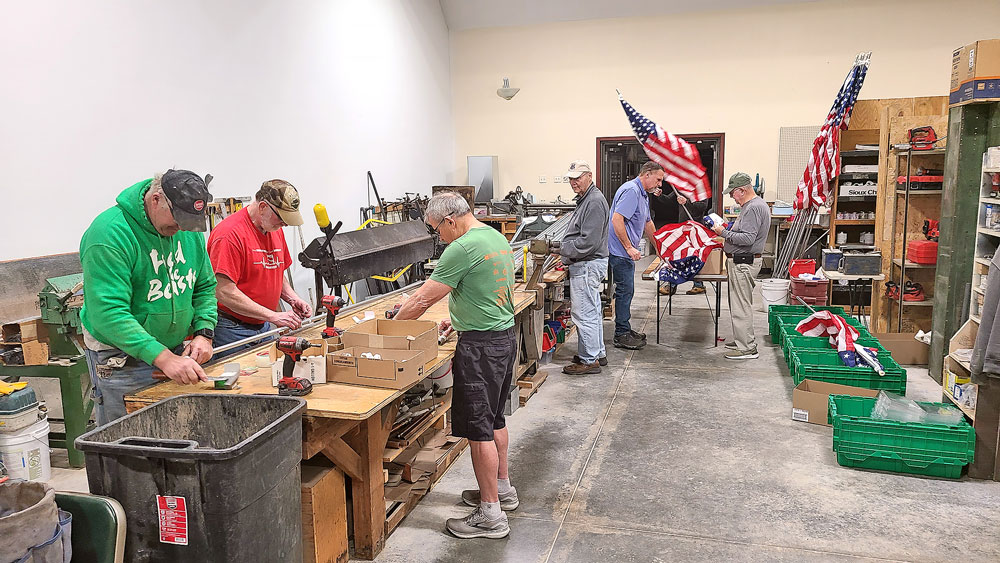


Social Share